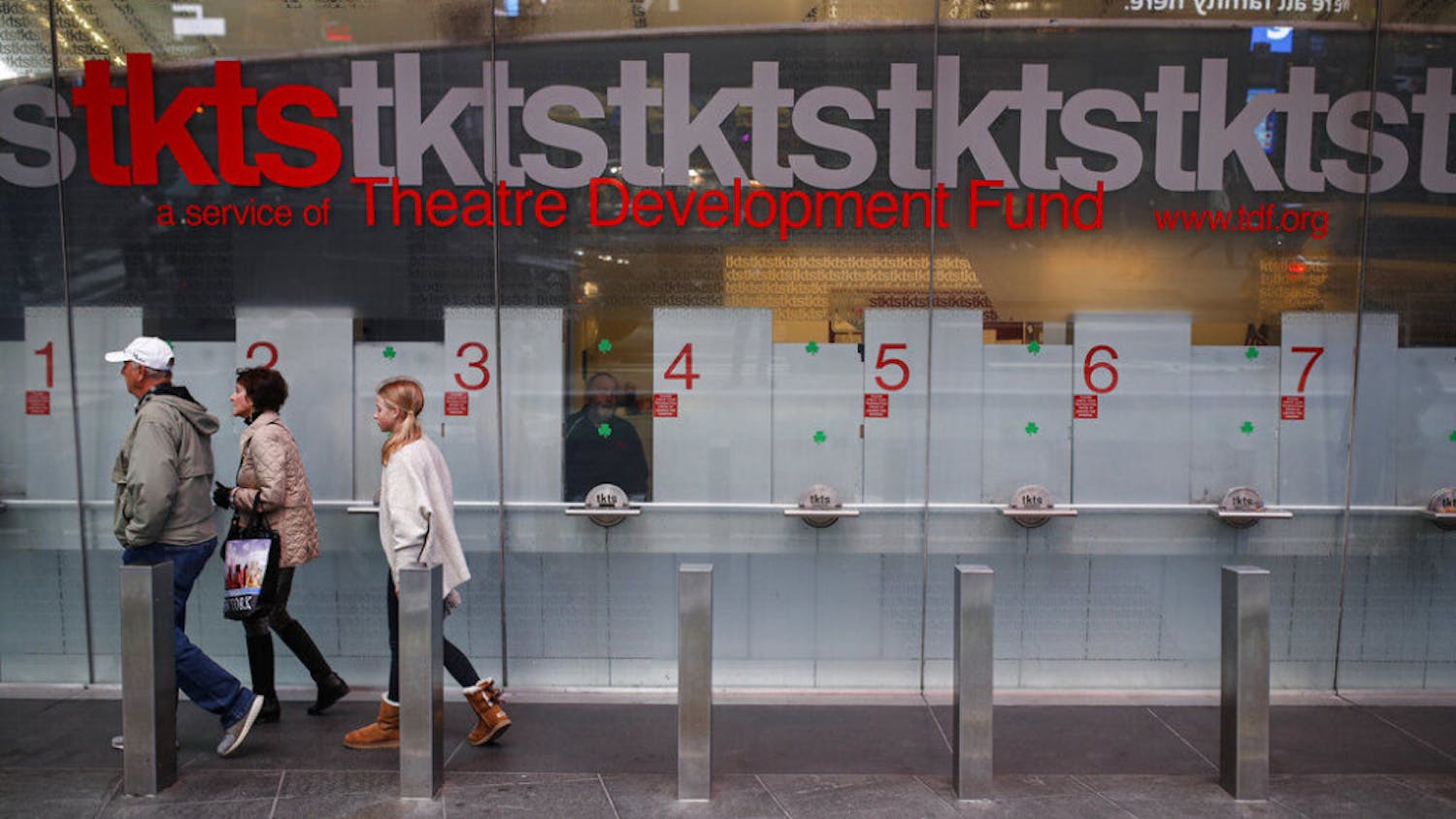Not even a week after this year’s Oscar nominations were released, Jada Pinkett Smith, the wife of Hollywood icon Will Smith, did what all noble public figures do and took to Facebook to express her dissatisfaction. Smith and her supporters, one of them being director Spike Lee, are calling for a boycott of the Oscars. Why? Because of the lack of people of color in the nominations.
The response to the controversy has been nothing short of fantastic. Stacey Dash, a black actress herself, stated, “I think it’s ludicrous. We have to make up our minds. Either we want segregation or integration.”
Dash brings up a much larger problem currently facing America: the constantly shifting sociological border between races. Unfortunately, there is still a lingering sense of racial unrest in our country, and in my estimation, the Oscars are not helping. I understand wanting to preserve historically significant elements of one’s heritage and culture, but this is not a positive form of tolerance, nor is it useful for generating understanding between different people.
On her talk show “The View,” Whoopi Goldberg argued, “You wanna boycott something? Don’t go see the movies that don’t have your representation. That’s the boycott you want.”
But is Goldberg’s idea to boycott a movie because it doesn’t “have your representation” just another subtle form of racism? It deliberately goes against something because of skin color. How can Goldberg be against boycotting the Oscars, yet be for boycotting films based on race? Is that not equally divisive? Aren’t both actions the opposite of the unifying actions we so desperately need in this country?
The Academy of Motion Picture Arts and Sciences doesn’t adhere to a strict racial quota, but instead selects its nominations based on merit. Leonardo DiCaprio slept inside the carcass of a horse, ate an actual bison liver and braved hypothermia for his role in “The Revenant.” That man deserves his nomination. As for the other nominations, there is simply not enough evidence to suggest the academy is prejudiced against any single group.
The Economist broke out raw data to get to the bottom of this. What resulted was a demographically segmented breakdown of the U.S. population, compared with the demographics of Oscar nominations and wins. The result: no apparent racism at the Oscars. Hollywood itself is another story.
“In fact, as our analysis of film casts and awards shows, the number of black actors winning Oscars in this century has been pretty much in-line with the size of America’s overall black population,” the article said. “But this does not mean Hollywood has no problems of prejudice. As the data show, it clearly does.”
According to the Economist, the problem is not solely with black actors: it’s with all minorities.
“Blacks are 12.6% of the American population, and 10% of Oscar nominations,” the article states. “But just 3% have gone to their Hispanic peers (16% of the population), 1% to those with Asian backgrounds, and 2% to those of other heritage.”
To paraphrase the Economist’s report, the supposed whitewashing is not taking place in the academy, but instead in the drama schools and casting offices of the entire entertainment industry. The academy is not to blame for this, so why boycott them?
The academy is not against black people, and this shouldn’t be the story. Underrepresentation of all minorities is prevalent in Hollywood, and to single out one race and ignore the others is simply wrong. If this is to be fixed, we don’t need boycotts of award ceremonies, but instead, legitimate social change.
Andrew Hall is a UF finance sophomore. His column appears on Thursdays.





